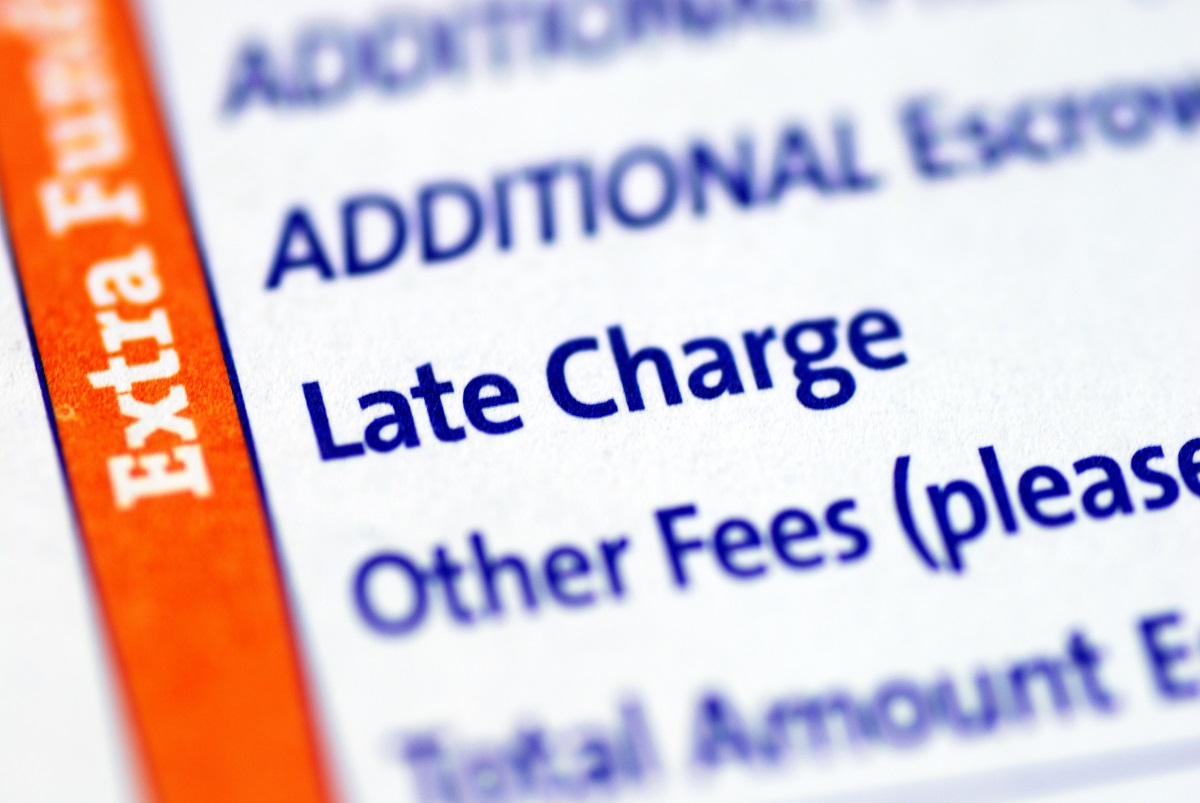The U.S. Court of Appeals for the Eleventh Circuit recently held that periodic statements required by the federal Truth in Lending Act may violate the federal Fair Debt Collection Practices Act if they are not truthful and fair.
Posts published in “FCCPA”
The U.S. Court of Appeals for the Eleventh Circuit recently reversed a trial court’s dismissal of a consumer’s complaint against a mortgage servicer brought under the federal Fair Debt Collection Practices Act and the Florida Consumer Collection Practices Act.
The State of Florida, like many states, maintains a robust workers’ compensation statute geared toward insulating employees injured on the job from associated medical services. Now, lawsuits continue to be filed against debt collectors, hospitals and other medical providers alleging that under a novel interpretation of Florida’s workers’ compensation law, it is unlawful to attempt to collect medical debt arising from work-related injuries directly from consumers.
The U.S. Court of Appeals for the Eleventh Circuit recently reversed entry of summary judgment in favor of a satellite television provider against a consumer on claims that it violated the Florida Consumer Collection Practices Act by attempting to collect a debt it knew had been discharged in bankruptcy and directly contacting the plaintiff consumer knowing she was represented by counsel.
In a putative class action of borrowers who received mortgage statements after a bankruptcy discharge, the U.S. Court of Appeals for the Eleventh Circuit recently reversed a trial court order denying certification for failure to establish predominance. In so ruling, the Eleventh Circuit held that a mortgage servicer’s affirmative defense that it is not liable under the federal Fair Debt Collection Practices Act (FDCPA), 15 U.S.C. § 1692 et seq., and the Florida Consumer Collection Practices Act (FCCPA), Fla. Stat. § 559.55 et seq., because the only remedy for violating a discharge injunction is under the Bankruptcy Code requires no…
The District Court of Appeal for the State of Florida, Second District, recently reversed the dismissal of a plaintiff’s Florida Consumer Collection Practices Act claims relating to bills for medical care incurred as a result of a workplace injury. The trial court dismissed the FCCPA claims on the grounds that Florida’s Workers’ Compensation Law (WCL) granted exclusive jurisdiction over any matter concerning reimbursement to the state’s Department of Financial Services. However, the Appellate Court held that section 440.13(11)(c) of the WCL did not preclude trial court jurisdiction over claims against the plaintiff’s medical providers under the FCCPA for claims that…
The U.S. District Court for the Southern District of Florida recently denied a consumer’s motion for class certification in a putative class action against a debt collector. In so ruling, the Court concluded that the plaintiff consumer’s proposed class — which included members who did not make payments to the debt collector while also seeking actual damages as to proposed members who did make payments — presented individual issues concerning causation as to actual payments made in response to the collection letters at issue, and thus failed to overcome the predominance requirement under Fed. R. Civ. P. 23(b)(3). A copy…
The U.S. District Court for the Southern District of Florida recently held that a dialing system — which required calls to be manually dialed, could not place calls without human input, and could not dial predictively, or store or produce telephone numbers independently, which in this case was the Avaya X1 Platform — was not an automatic telephone dialing system (“ATDS”) under the federal Telephone Consumer Protection Act. Accordingly, the Court entered summary judgment in favor of the defendant mortgage loan servicers. A copy of the opinion in Ferrer v. Bayview Loan Servicing, LLC et al. is available at: Link…
The U.S. Court of Appeals for the Eleventh Circuit recently affirmed the dismissal of a complaint alleging violations of the federal Telephone Consumer Protection Act, the federal Fair Debt Collection Practices Act (FDCPA) and its analogue under Florida state law, because the plaintiff previously filed a separate lawsuit against the same defendant alleging violations of the TCPA based on the same conduct. Because the Eleventh Circuit concluded that the claims asserted in the second action were based on the same nucleus of operative facts, the plaintiff was barred from splitting her claims among the lawsuits. A copy of the opinion…
The County Court of the Nineteenth Judicial Circuit in and for St. Lucie County, Florida recently dismissed a borrower’s amended complaint against a mortgage servicer alleging violations of the Florida Consumer Collection Practices Act (FCCPA) for sending mortgage statements to the borrower following involuntary dismissal, without prejudice, of a foreclosure action. In dismissing the action with prejudice, the Court held that the statements sent by the defendant mortgage servicer were not attempts to collect a debt, and therefore not actionable under the FCCPA. In addition, the Court held that the plaintiff borrower failed to state a cause of action because…
The U.S. Court of Appeals for the Eleventh Circuit recently affirmed the dismissal of a mortgage loan borrower’s federal Fair Debt Collection Practices Act and related state law claims because the defendant mortgagee was not a “debt collector” as defined by the FDCPA. In so ruling, the Court also rejected the borrower’s allegations that the monthly statements the mortgagee sent to the borrower after her bankruptcy discharge were impermissible implied assertions of a right to collect against her personally. A copy of the opinion in Helman v. Bank of America is available at: Link to Opinion. The borrower obtained a…
The District Court of Appeal of Florida, Second District, recently held that section 559.715 of the Florida Consumer Collection Practices Act (FCCPA) does not create a condition precedent that an assignee of a mortgage loan debt must give notice to the consumer 30 days before filing an action seeking a deficiency judgment. A copy of the opinion in Dyck O’Neal, Inc. v. Kami Ward is available at: Link to Opinion. A borrower defaulted on her mortgage loan and the property was foreclosed upon and sold at a foreclosure sale. The judgment was then assigned to a debt collector, who filed…











